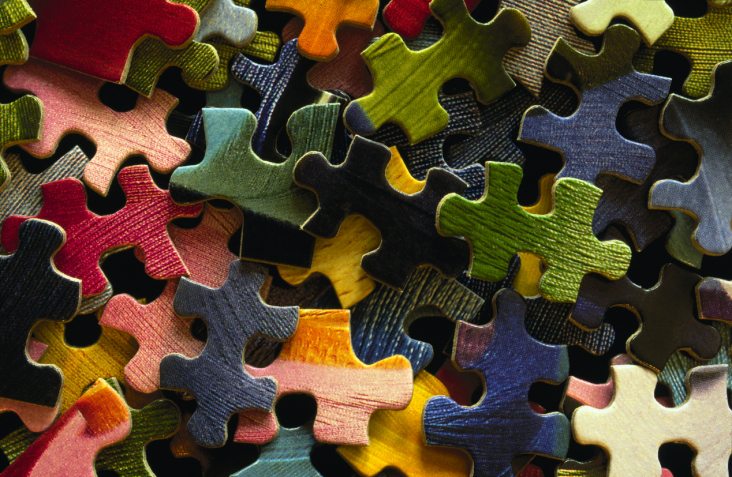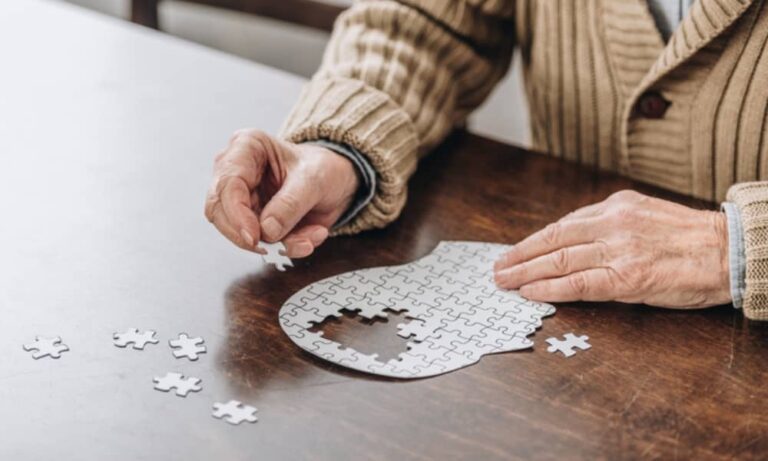Held nationally from May 1-7, Motor Neurone Disease Week, is aiming to shed light on an often misunderstood diagnosis. This year, the campaign is addressing the impact of MND across all aspects of the community. From people living with the disease, to their loved ones, as well as health care professionals, stories are being shared that highlight the need for greater awareness and support, with the hope of providing a future free of this neurological disease.
Motor Neurone Disease is a progressive, terminal neurological disease. MND describes a group of diseases in which neurone degeneration and failure impacts muscle control. When the motor function is impaired and the nerve cells that control our muscles fail or degenerate, the muscles eventually weaken and waste. This degeneration affects a person’s ability to walk, speak, swallow and breathe.
In Australia, two people die each day from the disease and another two are diagnosed with it. Striking young an old, MND is still without effective treatment or cure.
“When MND touches your life, it leaves a mark. For every person diagnosed with MND a further 14 members of their family and friends live with the effect of MND forever,” according to Ms Carol Birks, National Executive Director of MND Australia .
As part of MND week, and the #7DayswithMND campaign, MND Australia will be sharing stories and experiences from those who are touched by the disease.
One such story comes from MND NSW Board member Kirsten Harley, who recently gave a speech at Parliament House, urging government officials and members of the public to provide greater support and more adequate funding to research facilities, and calling for the eradication of disease to be of the highest priority.
She shared her own experience of MND, speaking of her diagnosis four years ago, Harley said that she felt lucky to still have a voice with which to raise awareness.
“Many of the 2094 Australians living with MND have lost the ability to speak. I am lucky to still have my voice. To finish, I’d like to use my voice to plead that MND be taken more seriously.
Our families need support now. We need money spent on providing proper and timely support and care for all Australians living with MND.
And we need hope for the future. More money must be invested into research towards understanding, and eventually curing, this ‘muscle eating monster’.”
Alarmingly, the amount of deaths as a result of MND, have risen from 582 people in 2001, to 787 as of 2013. And yet the cause of this increase is still unknown.
For more information about Motor Neurone Disease Week, visit the website here. To hear more stories like Harley’s or to join the conversation visit the blog here.







